Travelling with the Urban Design Group to explore the legacy of Byzantine towns in the Peloponnese at a time when Britain seems intent on leaving Europe made me reflect on our ‘common wealth of cities’. So what causes countries like Greece to fail, while others like Germany are resurgent? The answers lie not just in a scattered geography and troubled history, but also, perhaps, in the way investment decisions are made.
Exploding cities
Starting in Athens, the iconic birth place of democracy brought out the challenges of governing a country where 4 million people, a third of the nation, now live in the capital city. For decades the local economy was fuelled by people arriving from the poor islands and small towns that characterised most of Greece. Dense apartment blocks stretch for miles. Naturally the young are attracted by educational opportunities and the bright life. But they are the first to suffer from recessions, as job opportunities close.
Graffiti everywhere are obvious signs of malaise, yet even in the anarchic areas around the main university, the streets seem safe enough, and beggars no more frequent than in The Strand. Tourists flock around the Acropolis, but in early June were not obvious outside the historic centre and main squares. In the small Byzantine towns, tourists were few, and the ruins are relatively recent.
One casualty of the move to modern housing has been the abandonment of fine 19th century houses in larger towns like Sparta (which is built on a 19th century grid) or Kalamata, a bustling port city. One young man serving in a bar in the Historic Centre was off to study digital marketing in Salford because he said there were no longer good jobs, and the professional classes have left the country.
Extensive infrastructure
The high quality Metro and tram system in Athens, along with motorways between the cities, help to explain why the country has got into so much debt. Much was linked to the Olympic Games which were not the money spinner that had been expected. However you can now reach the coast from the centre of Athens on over-crowded and not very frequent trams, which make living on the sea much more attractive. So the cities seem to be polarising.
Once the money ran out, and the country could not pay its debts, many schemes have been truncated. This has left an unbalanced situation outside Athens, where the railway system, which was being electrified and converted to standard gauge everywhere, has been left to rust. Coaches will no doubt take over on the empty new motorway but add to congestion and pollution in the towns.
Financial holes
As the growing middle class imported cars from Germany or France, and enlarged or built second homes, Greece, like Britain, took on an ever larger deficit. Unlike Britain however, much has been invested in new housing and infrastructure that will last for years. The European Union provided incentives for investment in prestige projects beyond what was actually needed, and there is little prospect of the loans being repaid.
Sadly, one of the casualties of austerity has been small businesses and manufacturers, who can take very little money from their bank accounts, while being asked for higher taxes. Empty cafes suggested that cutbacks were being made in entertainment, and it is said that many are now going hungry, such as the old living on fixed incomes and reduced pensions.
Historic legacy
European countries not only have a large historic legacy to look after, but also have had to deal with the ravages of wars. The Peloponnese wars between Sparta and Athens are famous, but even more serious were the endless conflicts in the Mani Peninsular, made famous by Patrick Leigh-Fermour, who eventually retired there to write. So frequent were the conflicts that people built towers for safety. After the Roman Empire was split the area was fought over by the Byzantines, the Franks and the Saracens, before being incorporated in the Ottoman Empire. In the late 19th century it became an isolated backwater.
Though recently it has been rediscovered by ‘cultural tourists’, making a living there is very hard outside a short season, and much has to be imported. So the visitor is left wondering whether better value could have been achieved by focussing resources on a few larger cities and those that can be reached by water, rather than trying to improve disadvantaged rural areas.
Conclusions
Greece seems to have built the housing and infrastructure the UK badly needs. But its economy is over-dependant on services such as tourism, where it is competing with an ever more connected planet. Its image has suffered a blow from the financial crisis, and domestic tensions must be high. But surely investment in the ‘common wealth’ of streets and heritage is something that benefits the wider world, and should not be subject to the same cuts as private wealth?
In my previous postcard from Greece back in January 2015 I suggested that new financial mechanisms are needed to channel savings where they yield higher returns for society as a whole. Unless solutions are found, the misery produced by austerity will scare away the very tourists on which countries like Greece and the UK have come to rely on.
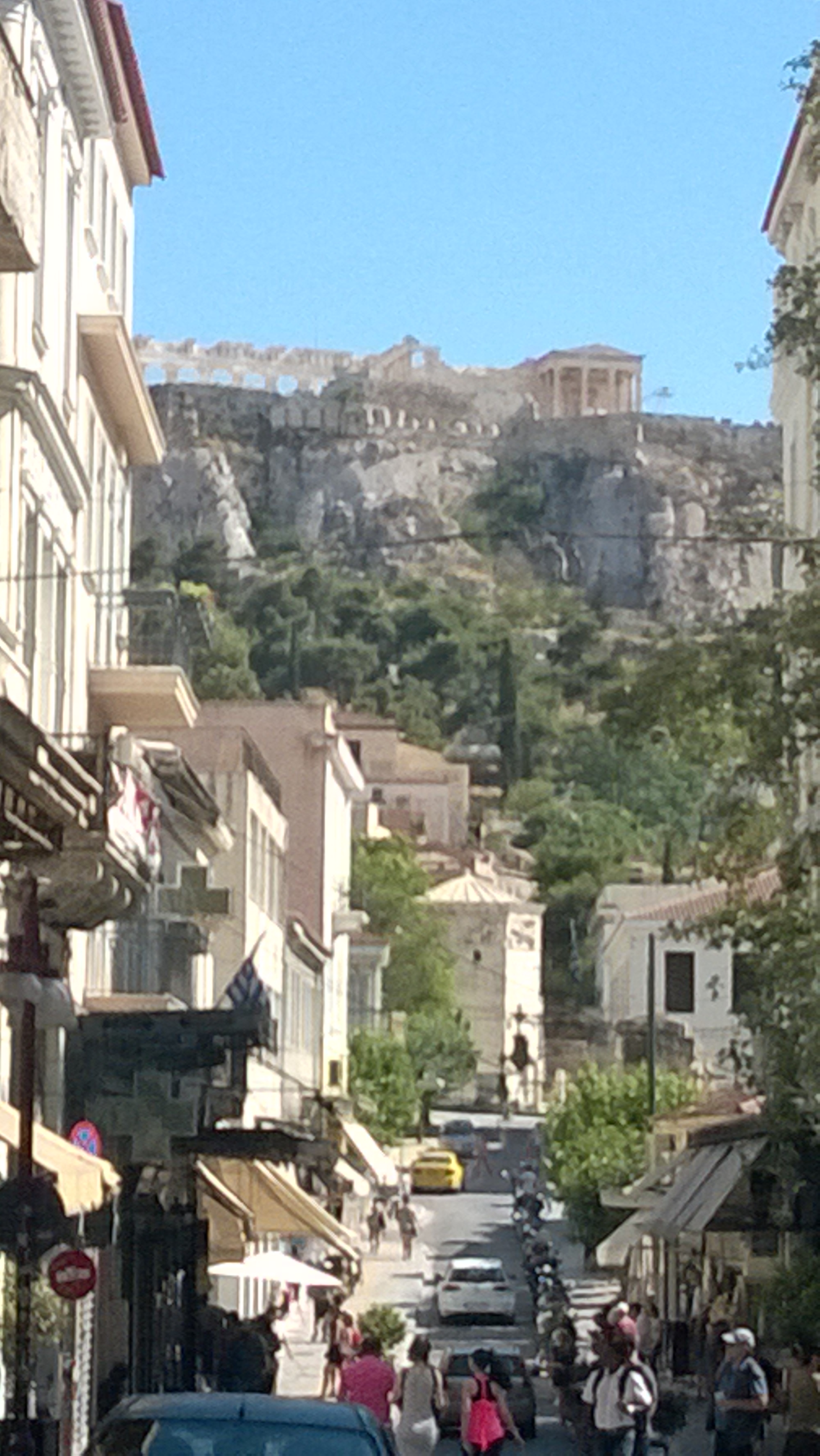
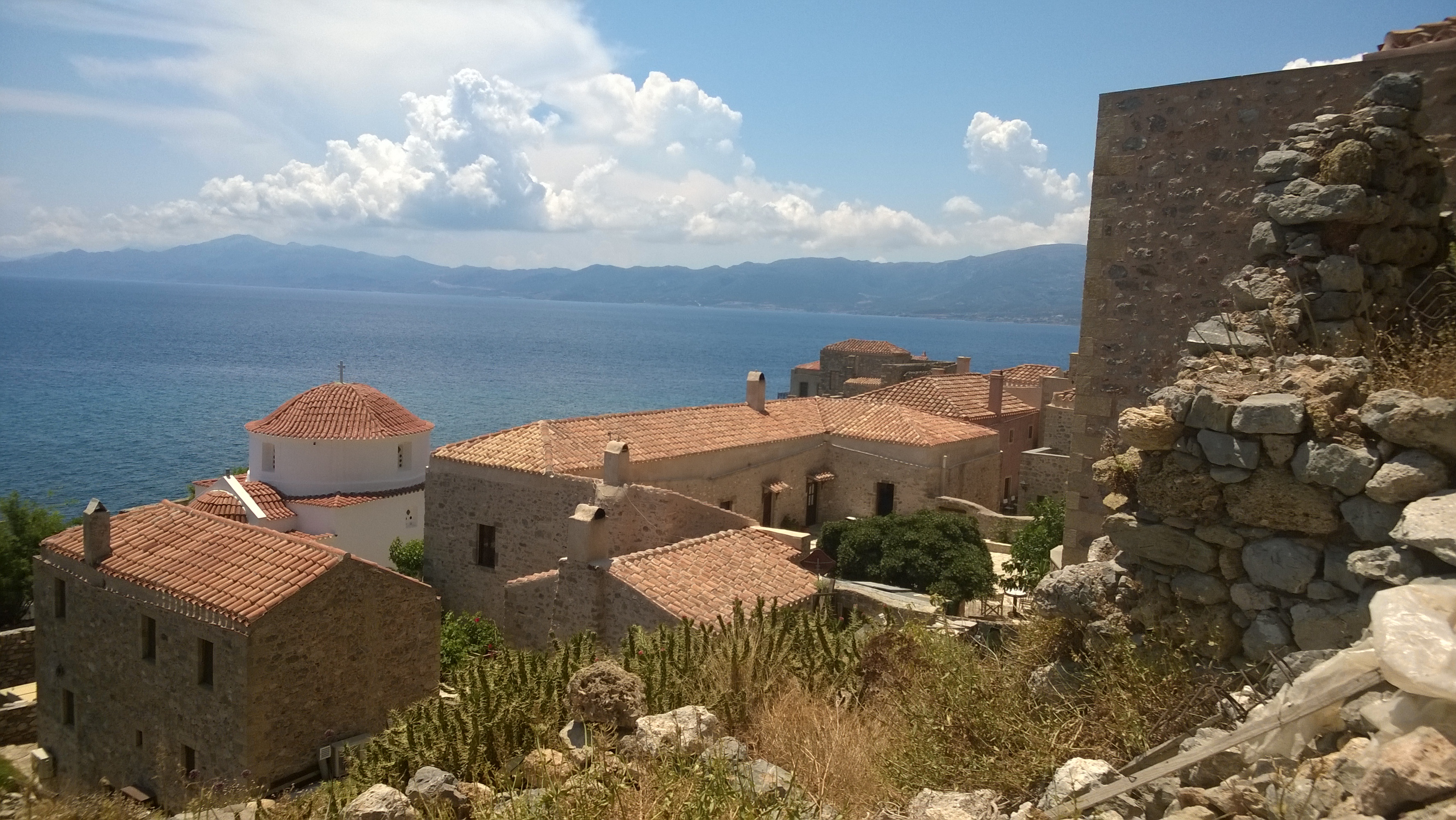
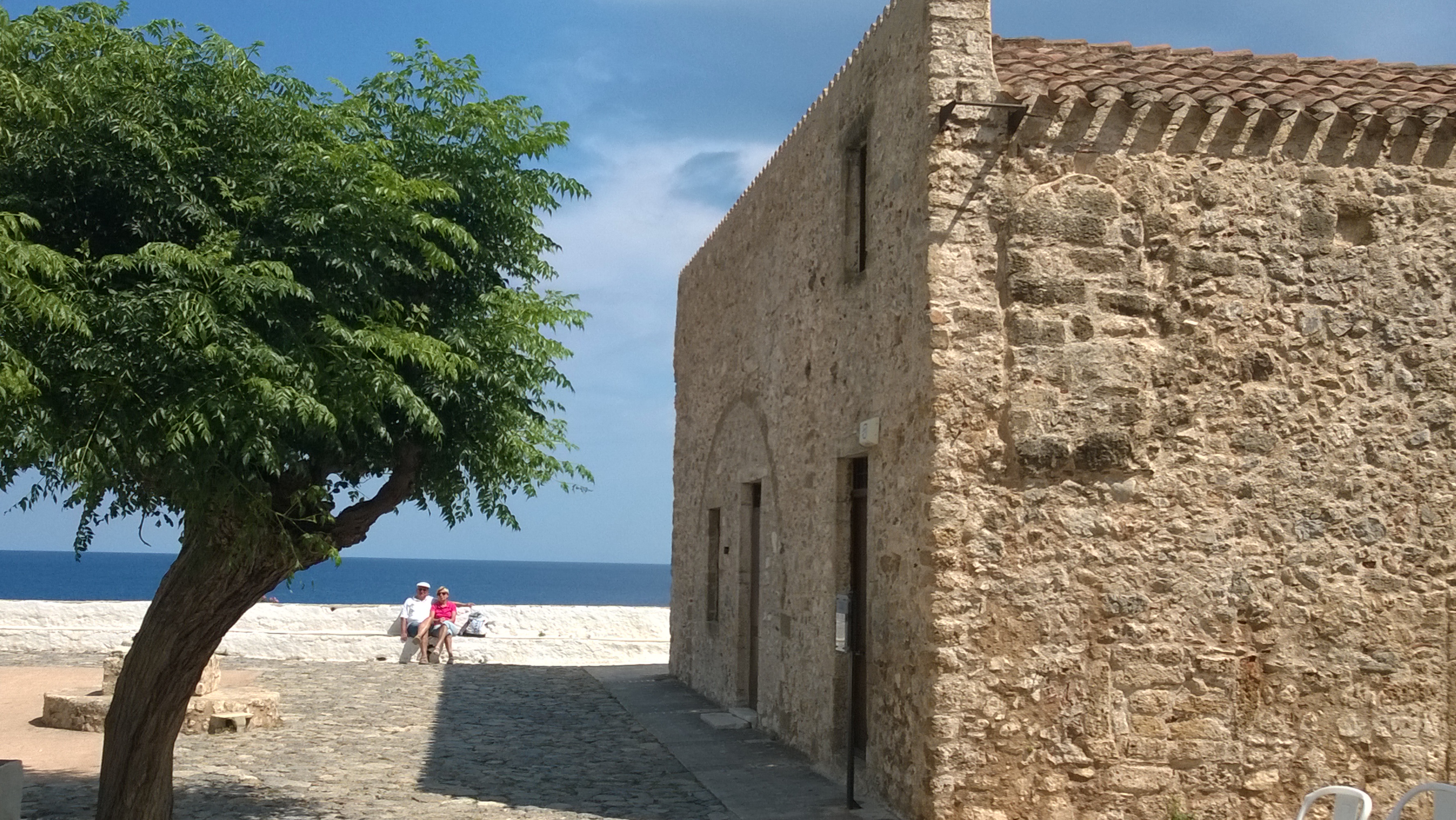
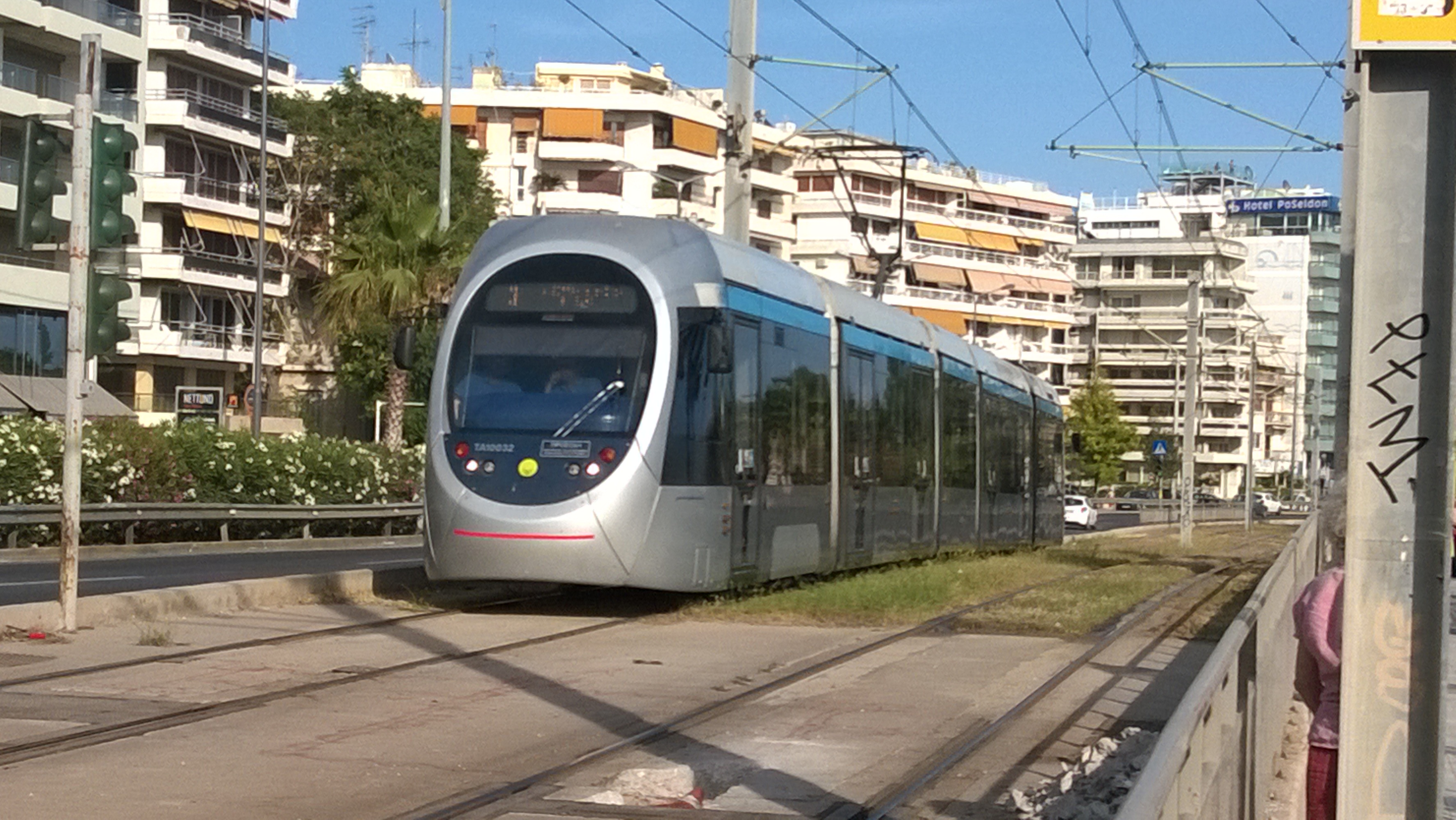

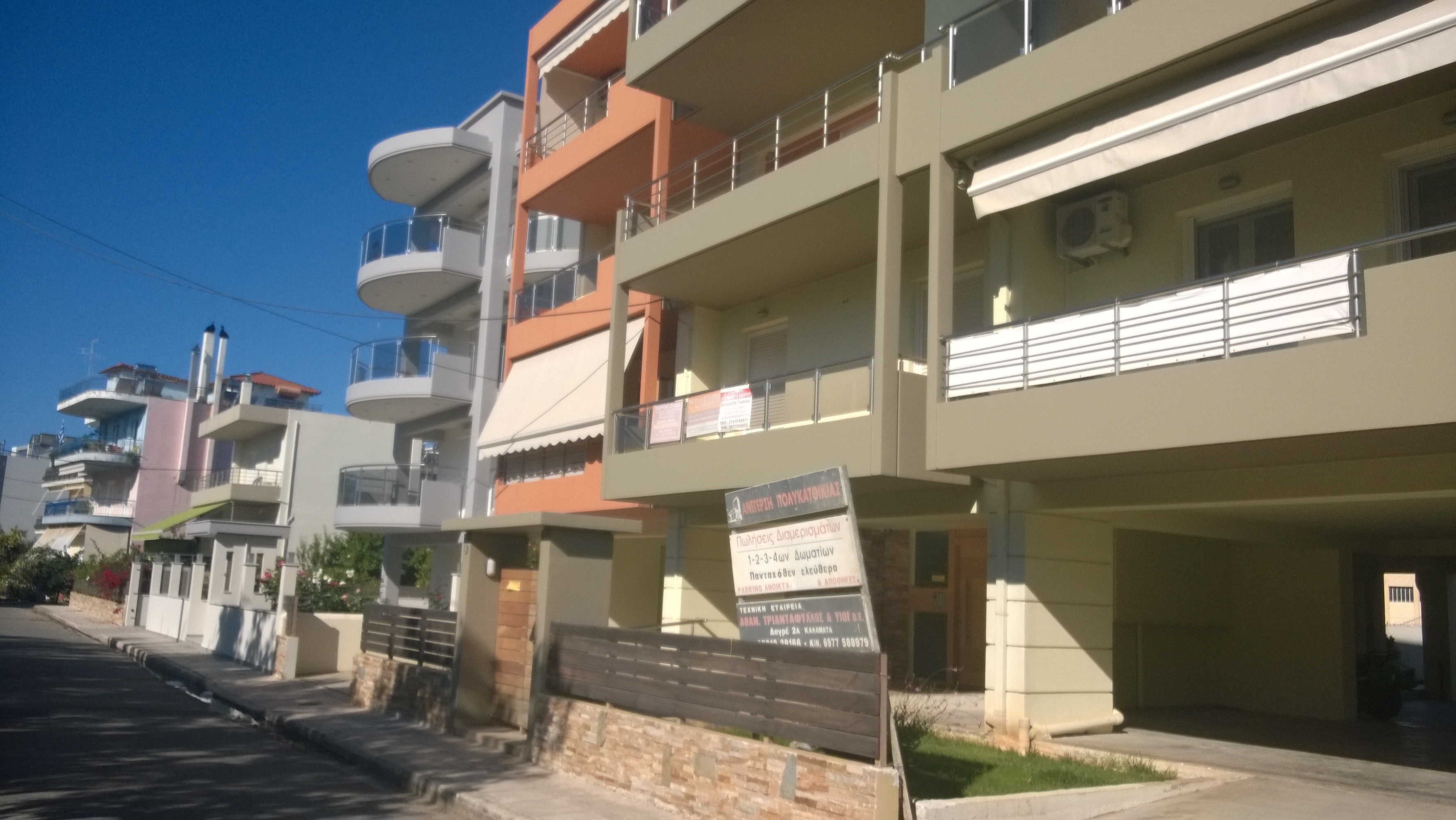
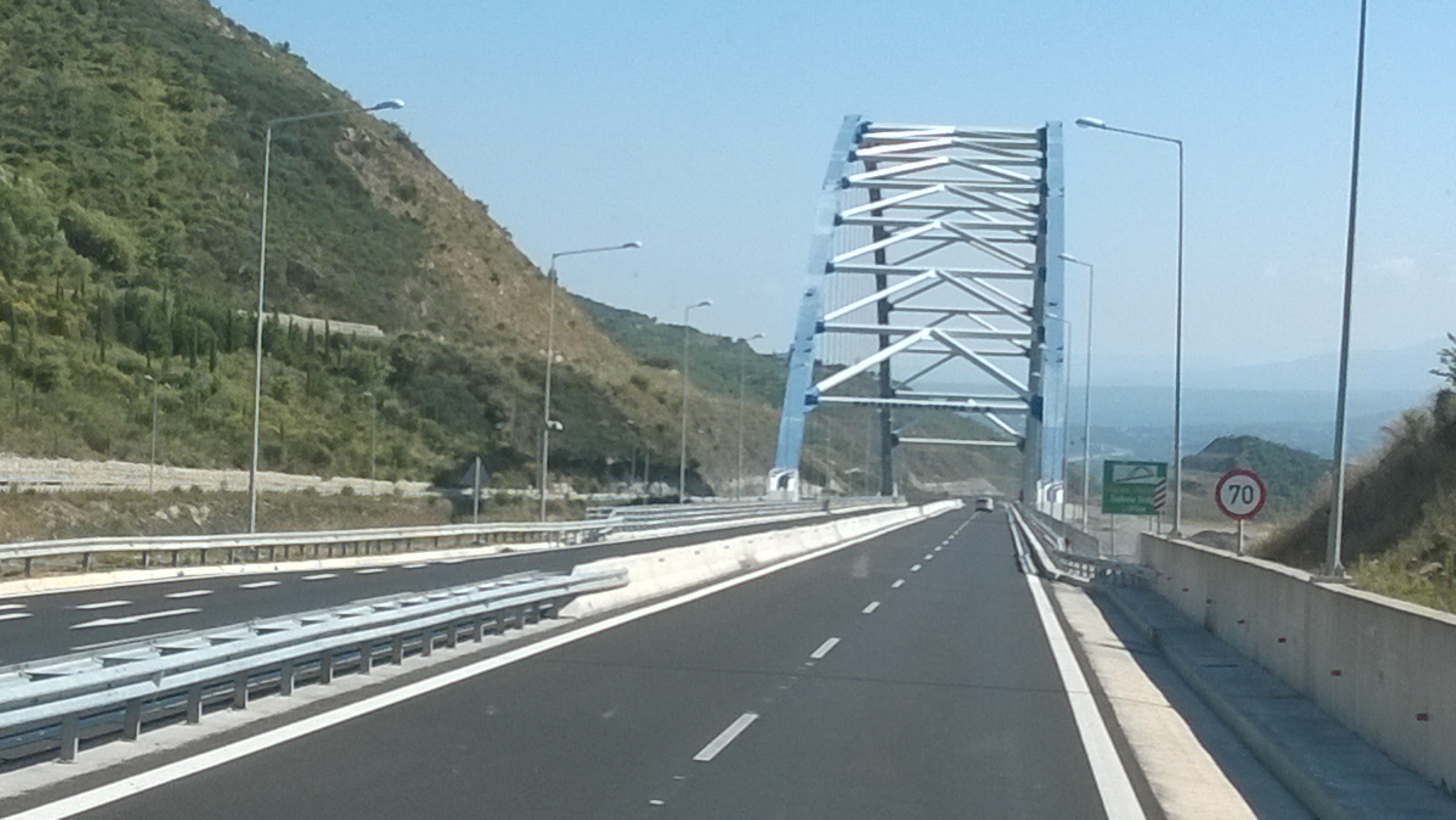
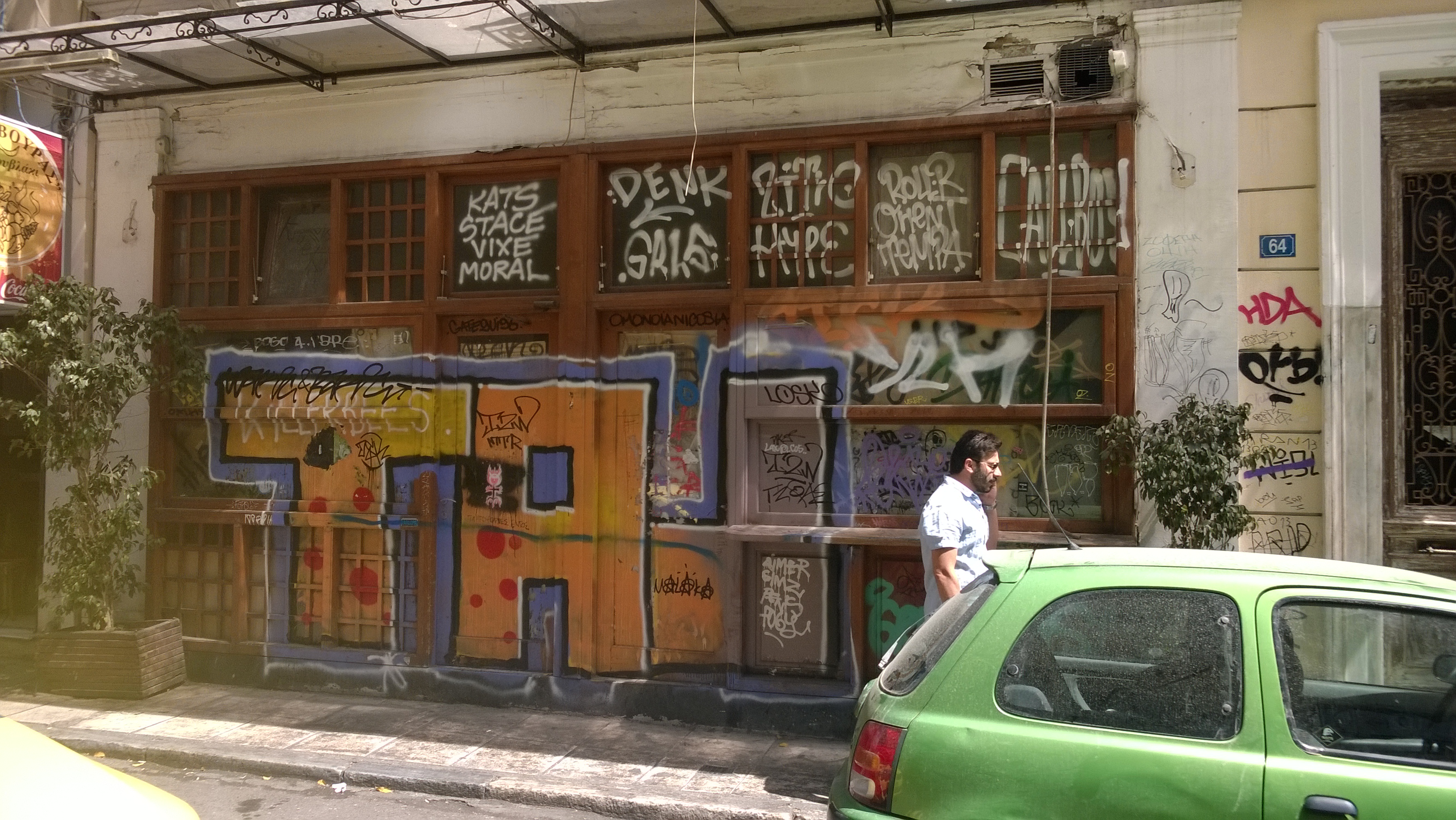


Dear Nicholas Thank you for sending this through to me. Whilst I usually enjoy and find your Postcards from the Future highly useful, this one was much less than satisfactory, as I feel it is founded on a number of misconceptions and misunderstandings. You seem to be judging Greece using the wrong tick list. In short, Greece has been deliberately ruined – not just ‘failed’ – by Europes PFI money. Instead of valuing and caring for the cities, towns and villages the borrowed money has been used by previous Governments to build roads and encourage people to buy more cars – many of which are now abandoned. Whereas people used to walk and sit in the streets, now the cars are parked everywhere in tiny streets with no plans or provision for parking. You comment on the graffiti. Greeks use graffiti as valid self expression. Pristine Germanic-style clean walls are not necessarily a priority most Greeks are interested in what people think. You will find that the graffiti are almost always political. You wonder why graffiti and social unrest don’t seem to go hand in hand. Does the Greek untidiness annoy you? Greeks really do not want a bland, clean, tidy and obedient ‘Euro-Country’ in a homogenous Neue Grossdeutschland. Greeks are NOT Germans, and they live differently and think differently, they do not obediently follow rules. It can be contended that Europe, and the European banks in particular, have sought to tacitly encourage Greek corruption. Traditionally, this has involved survival of the fittest – no surprise – and is that way things have always been done there. The irresponsibility of European lenders, in this regard, beggars belief. What we are now facing, as a result, is Germany actually seeking to change the Greek character so Germany can make a profit. We do not all have to live the same way! ‘Anarchy’ and ‘chaos’ are both words originally invented in Ancient Greece, as well as ‘polis’. I attach a photograph of a traditional Greek enjoying his tsipero in a café neon, sadly a sight which has almost disappeared under our sea of bland Eurofizz! Perhaps if our funders were monitored for oxytocins, adrenalin and endorphins, he would not be a thing of the past. Yours sincerely, Nick Nicholas P C Waloff MA(Cantab) BPhil(DDL 01367-253695 mob 07710-225638)
Date: Tue, 28 Jun 2016 10:53:26 +0000 To: nick.waloff@hotmail.com